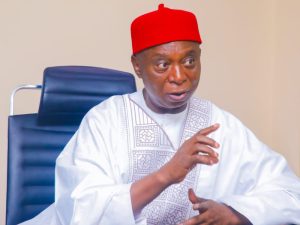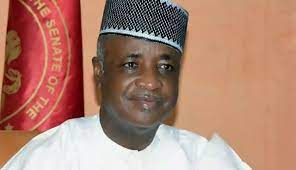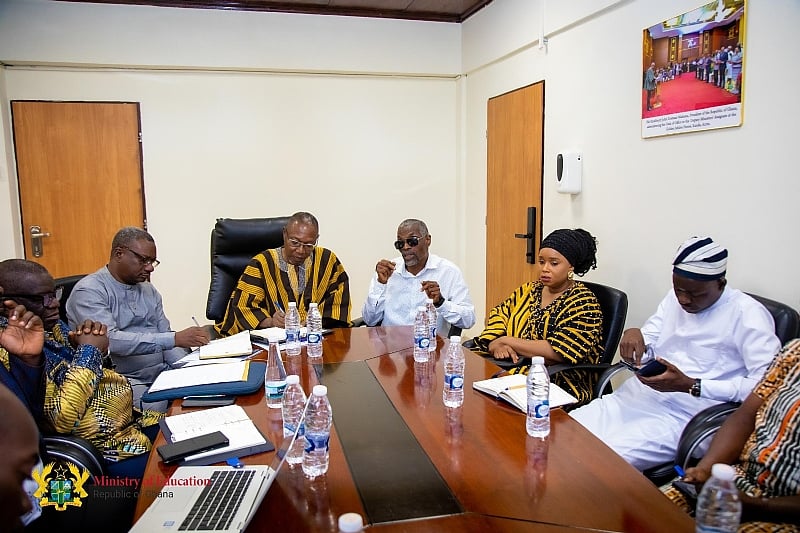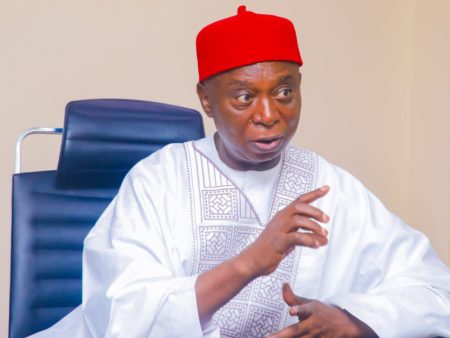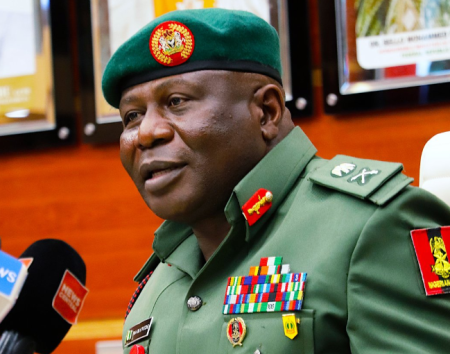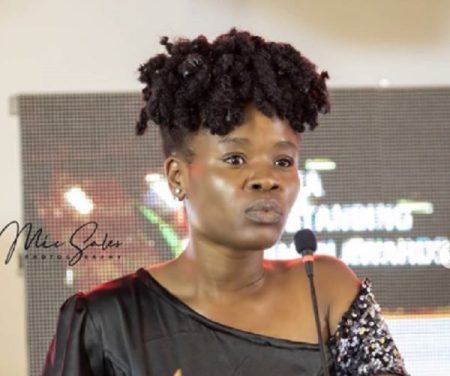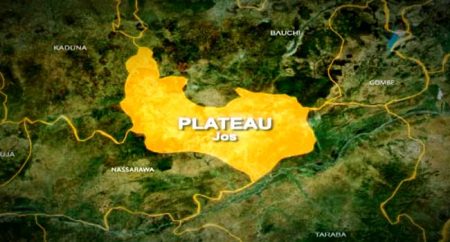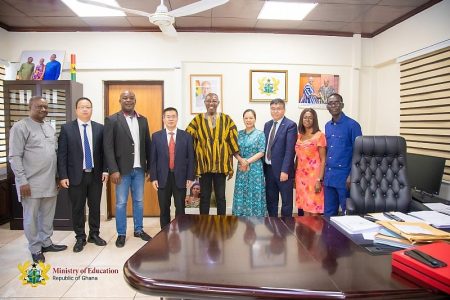The Ghanaian government, under the leadership of President John Mahama and the National Democratic Congress (NDC), embarked on a significant initiative in June 2025 to provide free tertiary education for Persons with Disabilities (PWDs). Recognizing the financial barriers faced by PWDs in accessing higher education, the government formed a dedicated committee to develop a comprehensive roadmap for implementing this groundbreaking policy. This commitment underscored the Ministry of Education’s dedication to fostering inclusive education and ensuring equitable access to higher learning for all Ghanaian citizens. The inaugural meeting of the committee, held at the Ministry of Education in Accra, marked the first concrete step towards translating this important promise into a tangible reality for PWDs across the nation.
The eight-member committee, co-chaired by Deputy Minister of Education Dr. Clement Apaak and Mr. Joseph Atsu Hormadzi, National President of the Ghana Federation of Disability Organizations (GFD), was tasked with outlining the modalities for PWDs to access free tertiary education. Dr. Apaak, in his opening remarks, reiterated the Ministry’s unwavering commitment to inclusive education and emphasized the government’s resolve to fulfill its pledge. This commitment signifies a significant step towards dismantling the systemic barriers that have historically marginalized PWDs and hindered their access to educational opportunities. The committee’s formation is a testament to the government’s recognition of the importance of investing in the education and empowerment of PWDs as a cornerstone of national development.
Mr. Hormadzi, representing the voice of the disability community, expressed profound gratitude to President Mahama and his administration for this landmark initiative. He highlighted the pervasive financial struggles faced by many PWDs in affording tertiary education, emphasizing the often insurmountable hurdle of tuition fees and related expenses. This financial burden often forces promising students with disabilities to abandon their educational aspirations, perpetuating a cycle of disadvantage and limiting their potential contributions to society. The free tertiary education initiative, therefore, represents a beacon of hope for PWDs, offering them a pathway to unlock their full potential and participate fully in the nation’s socio-economic progress.
Mr. Hormadzi’s remarks poignantly depicted the predicament faced by many PWDs, unable to register for university education without paying fees. This barrier not only denies them access to higher learning but also reinforces their exclusion from mainstream society. The initiative’s potential impact is immeasurable, offering a lifeline to countless PWDs who previously saw tertiary education as an unattainable dream. The committee’s work is thus crucial in ensuring the effective and equitable implementation of this policy, translating the promise of free tertiary education into a tangible reality for all eligible PWDs.
The presence of Dr. Saajida Shiraz, Chief Executive Officer of the Students’ Loan Trust, and her team further solidified the collaborative approach adopted by the government in tackling the issue of tertiary education financing for PWDs. Their presentation on “Facilitating Access to Enhanced Tertiary Education Financing for Students with Disabilities” provided valuable insights into existing financial aid mechanisms and potential avenues for enhancing support for PWDs. This collaborative effort underscores the importance of a multi-pronged approach, involving various stakeholders to ensure the comprehensive and sustainable implementation of the free tertiary education initiative.
The inaugural meeting of the committee marked a pivotal moment in Ghana’s journey towards creating a truly inclusive education system. By removing the financial barriers to higher education for PWDs, the government is investing in the future of the nation, empowering a significant segment of the population to contribute their talents and skills to the nation’s development. The committee’s work is essential in laying the groundwork for a transformative change in the lives of PWDs, opening doors to opportunities that were previously beyond their reach. This initiative is not merely about free education; it’s about social justice, empowerment, and building a more equitable and inclusive society for all Ghanaians.


